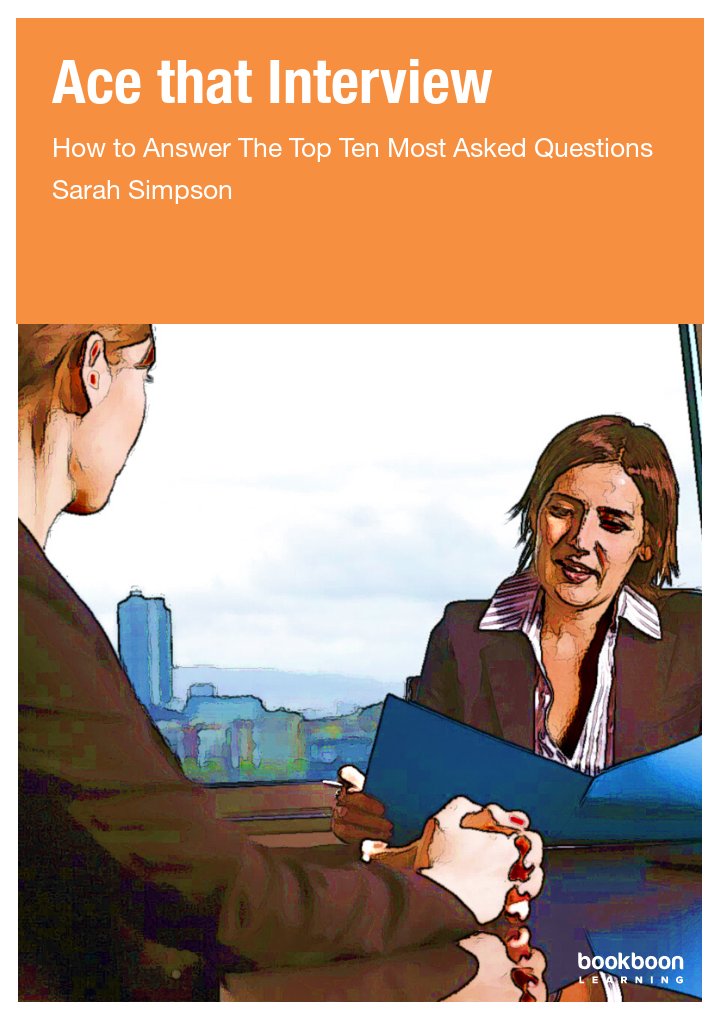What are your Weaknesses?

 This is probably one of the more unpleasant questions applicants face during a job interview. Why give the interviewers reasons why they should not hire you? That can be quite frightening and challenging. Learn how to master this challenge by reading the following article:
This is probably one of the more unpleasant questions applicants face during a job interview. Why give the interviewers reasons why they should not hire you? That can be quite frightening and challenging. Learn how to master this challenge by reading the following article:
If ‘“tell me about yourself ’” is a stress question then “what are your weaknesses” could be classed as a ‘negative or behavioural question’. It is designed to uncover problems or un-nerve candidates. The key is to give the interviewer(s) a positive spin.
This question can be asked in two ways:
- a) what are your weaknesses or
- b) what is/was your greatest failure
Let’s take “what are your weaknesses” first.
This is not the place to be painfully honest and lay all your shortcomings out for all to see, or act like a comedian. Neither is it the time, as many candidates do, to turn a positive into a negative.
Poor answers would be:
“I am a workaholic”
“I work too hard”
“I am a perfectionist”
“I am too motivated and driven and don’t know when to stop”
“Chocolate cake”
“I haven’t got any”
“I haven’t got any… have you?”
A better way of tackling this is to use a weakness that you have already overcome. This shows your commitment to self development and how you can act on critical reflection.
Skilful answers would be:
“I was never confident with public speaking – which as you know, can be a hindrance in the workplace. When I realised this was a problem, I asked my employer if I could enrol in a presentation and speech workshop. As a result I was able to overcome my fear and since then, I’ve given lots of presentations to audiences of over a 100 high-level executives – I still find it challenging but enjoyable”.
The other method is to state that one skill is more developed than another:
“I think my analytical skills are more developed than my presentation skills”
However, remember not to offer up weaknesses that may directly affect your selection, but don’t say that you don’t have any either.
“What is/was your greatest failure?”
The 2 usual ways candidates answer this is by:
- saying they have never failed before, or
- by giving an example of a minor mistake in order to lessen its impact
What you need to do is think about this from the employer’s point of view. Ask yourself why they would pose this question. By doing so you can see its true reason, namely that it tells them about your ability to:
- take risks
- face challenges
- critically reflect on what went well and what didn’t go so well
- how this experience has changed the way you now approach things
If you choose not to answer, or answer weakly, the employer may think:
- you don’t / can’t set goals which means you have nothing to fail at
- you are being dishonest
- you are hiding something
- you don’t have self-awareness
- you don’t take responsibility for your actions
- you may / do blame others if something goes wrong




